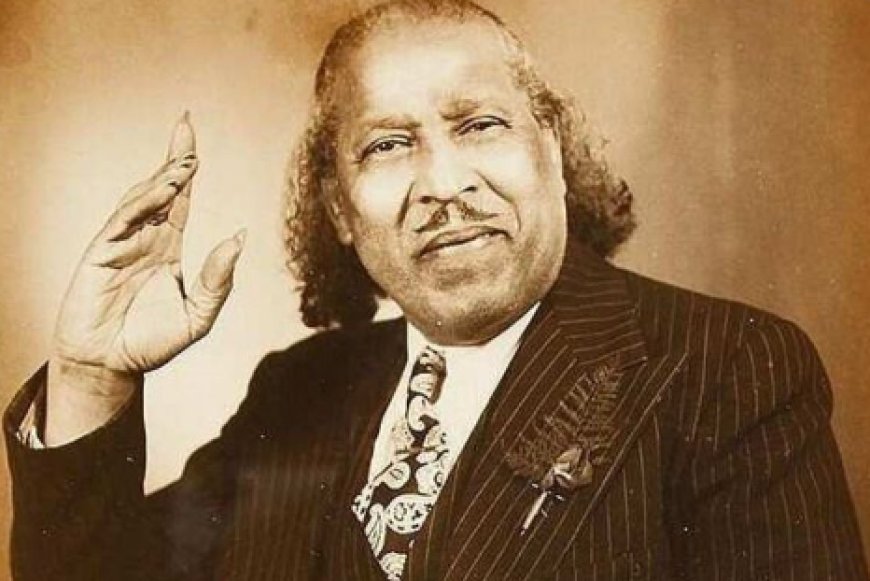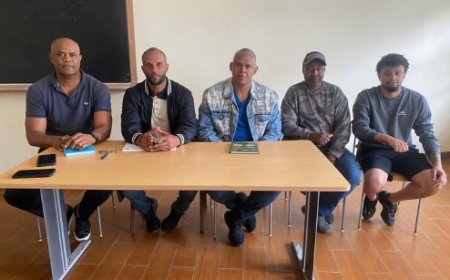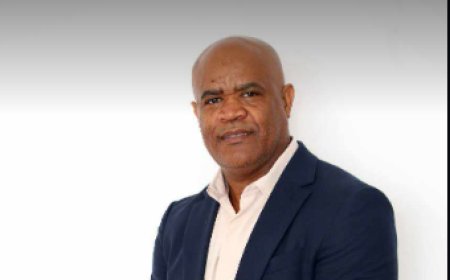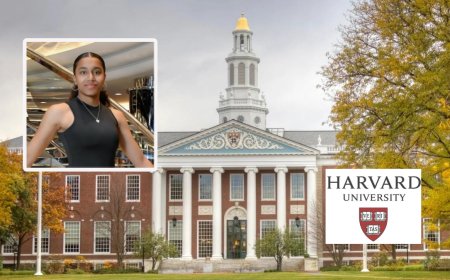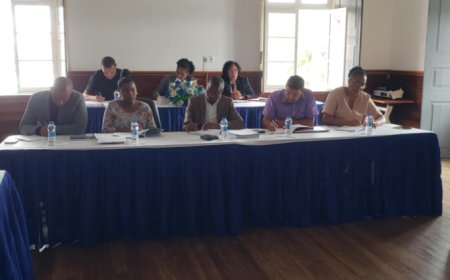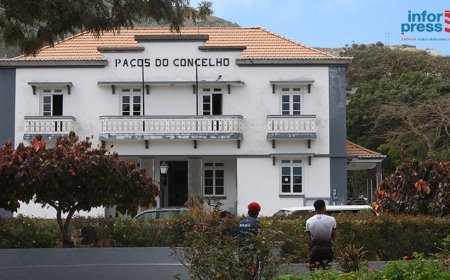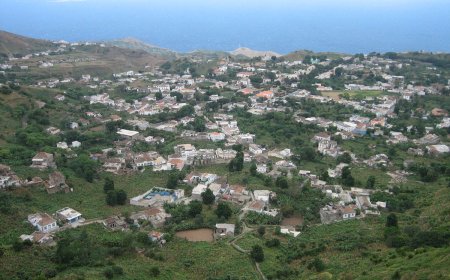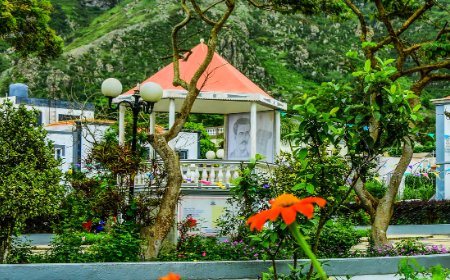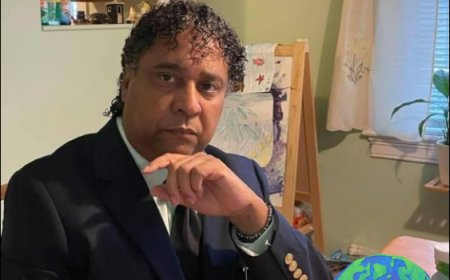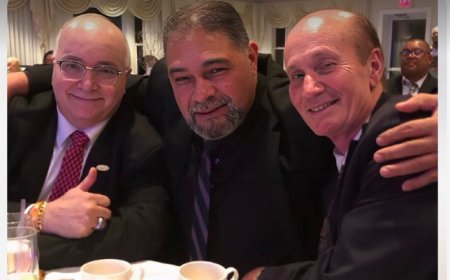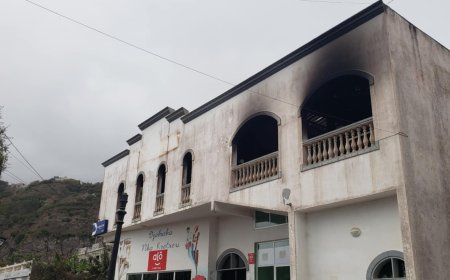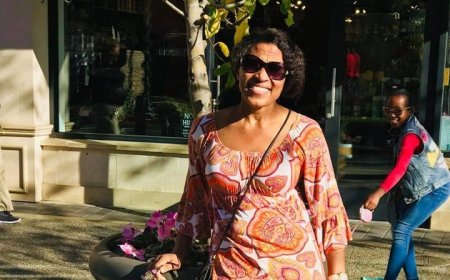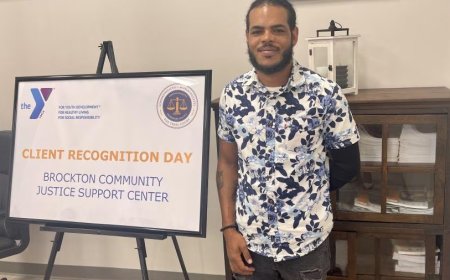Although he was the richest and most influential Cape Verdean immigrant in the United States of his time - the only one to found a Church - Marcelino “Sweet Daddy” Grace is not, however, celebrated or seen in a “favorable light” by the Cape Verdean community in the USA. who has a certain fear - or even shame - in mentioning his name.
Many see them as a charlatan or an eccentric millionaire who used religion and faith for his own advantage.
The Church he founded is also seen by many Cape Verdeans as more of a sect or obscure cult that offends the sensitivity of the “Christian people”. But let's get to the story:
Son of Manuel and Gertrude da Graça, Marcelino was born on Brava Island between 1881 and 1884 - there is no specific date - and arrived in the United States aboard the ship “Luísa” in 1903 or 1904 to join the family that had arrived a couple of years ago. years before.
Like so many other Cape Verdeans arriving in the United States at the time, Marcelino "turned his back" picking cranberies in the fields of Cape Cod and then worked as a cook in a dining car.
Catholic like most Cape Verdeans, Marcelino also belonged to the Nazarene Church before founding his own church around 1919.
With his strong oratory power - Marcelino would today be what is called a "religious celebrity" or spiritual "influencer" - the native of Brava Island quickly won the sympathy of millions of African-Americans, mainly in the states of Massachusetts, New York and Carolina From north.
In 1920 he preached ostensibly in the segregated southern United States, promising miracles and eternal life to his followers.
SPIRITUAL HEALER AND MIRACLE WORKER
Like “Sweet Darry” Grace, leader and founder of UHOP, Marcelino claimed that through him God continued to work miracles, including raising the dead. Testifying to the fact, he presented in his sermons his sister Eugenia, who had allegedly died but who he had raised from the dead. For his followers he was the Messiah, possessor of special powers delegated by God.
In addition to promising healing through faith, “Sweet Daddy” Grace also forgave sins, claiming that the only way to salvation was through him. As he said in 1940:
“Salvation is through and only through Grace. Grace gave God a vacation, and since He is on vacation, don't worry about Him. If you sin against God, Grace can save you, but if you sin against Grace, God cannot save you.”
And it was then that someone asked him if he was God. “No, I wouldn’t say I’m God,” he replied.
WEALTH, STYLE AND FAMILY LIFE
Marcelino Manuel da Graça, or simply “Sweet Daddy”, lived and died “in style”.
The evangelical pastor, in a shiny suit, painted nails and expensive jewelry, had private secretaries, bodyguards, assistants, drivers and always traveled in luxury cars.
His investment in real estate comprised more than 25 luxury mansions in the United States and he owned El Dorado, an iconic twin tower of apartment complexes in the heart of Manhattan, New York City, and an 85-room palace in the historic Beverly Square in Los Angeles.
In 1936 he also acquired a 25-room mansion in Havana, Cuba. All this at a time when discrimination in the real estate industry reigned in the United States.
“Sweet Daddy” also had other businesses that ranged from selling his healing products - perfume, chocolate, tea, soap, facial creams, hair products to...Grace Magazine.
“Sweet Daddy” married twice.
First with Cape Verdean Jennie da Lomba, with whom he had a daughter and a son and from whom he divorced in 1909. His second wife was Angelina Montano, an American of Mexican origin, whom he married in 1932. They had a son in 1935 and they divorced in 1937.
Marcelino Manuel da Graça died on January 12, 1960 in Los Angels, California. He was 76 or 78 years old. His body is buried in Pine Grove Cemetery, in the city of New Bedford, where he has a mausoleum and statue erected.
